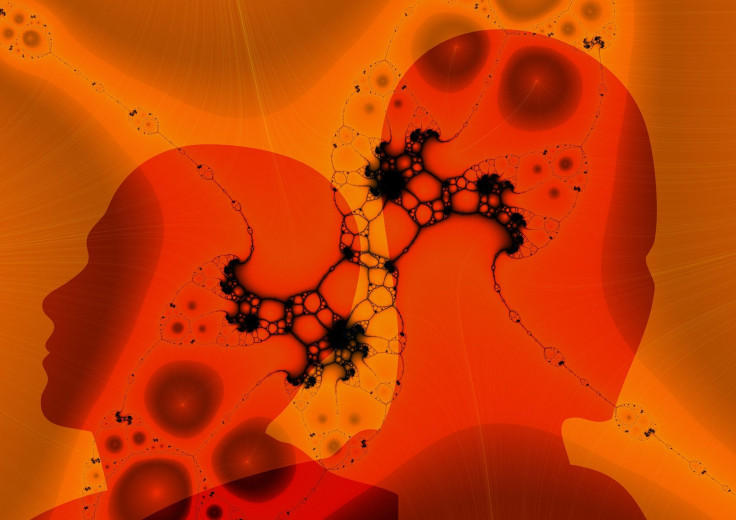Errors In Decision-Making Just Slow Us Down: Why We Don’t Always Learn From Our Mistakes

We’re told that mistakes are all part of the learning process, and that in the end, they're beneficial. However, new research finds that the issue is more complicated than commonly thought, and mistakes don't always help us learn.
The study, conducted by NYU researchers, found that when humans and monkeys made errors in decision-making, they slowed down their thinking processes significantly in an attempt to get it right the next time — but this didn’t improve their levels of accuracy.
“Our research reveals that a combination of changes in the brain slow us down after mistakes,” Braden Purcell, a post-doctoral fellow at NYU and author of the study, said in a press release. “One gathers more information for the decision to prevent repeating the same mistake again. A second change reduces the quality of evidence we obtain, which decreases the likelihood we will make an accurate choice. In the end, these two processes cancel each other out, meaning that the deliberative approach we take to avoid repeating a mistake neither enhances nor diminishes the likelihood we’ll repeat it.”
Researchers analyzed humans and monkeys as they made decisions about the direction that dots would move on a computer screen. Some decisions were more difficult than others, Both humans and monkeys slowed down their decision-making processes after they made mistakes — a phenomenon called post-error slowing (PES). Past research has examined the exact moment in the brain when we realize we’ve made a mistake; PES occurs right after the mistake as we try to avoid making one again.
When the researchers measured brain activity during PES, they found that neural activity in the parietal cortex built more slowly, something that’s linked to impaired quality of sensory evidence.
“Patients with ADHD or schizophrenia often do not slow down after errors and this has been interpreted as an impaired ability to monitor one’s own behavior,” Purcell said in the press release. “Our results suggest that this absence of slowing may reflect much more fundamental changes in the underlying decision-making brain networks. By better understanding the neural mechanisms at work after we make a mistake, we can begin to see how these afflictions impair this process.”
While the study provides new information about the neural processes occurring during decision-making errors and PES, other research has examined the overall impact of making mistakes — and some scientists agree that they're helpful if dealt with properly. One 2014 study found that making errors and near-misses and learning from mistakes was associated with improved memory in the young and old. Other studies have shown that it all depends on how we consciously choose to react to the mistake that makes the difference — being open to learning from it will allow us to take constructive criticism.
Source: Purcell B, Kiani R. Neural Mechanisms of Post-error Adjustments of Decision Policy in Parietal Cortex. Neuron, 2016.



























